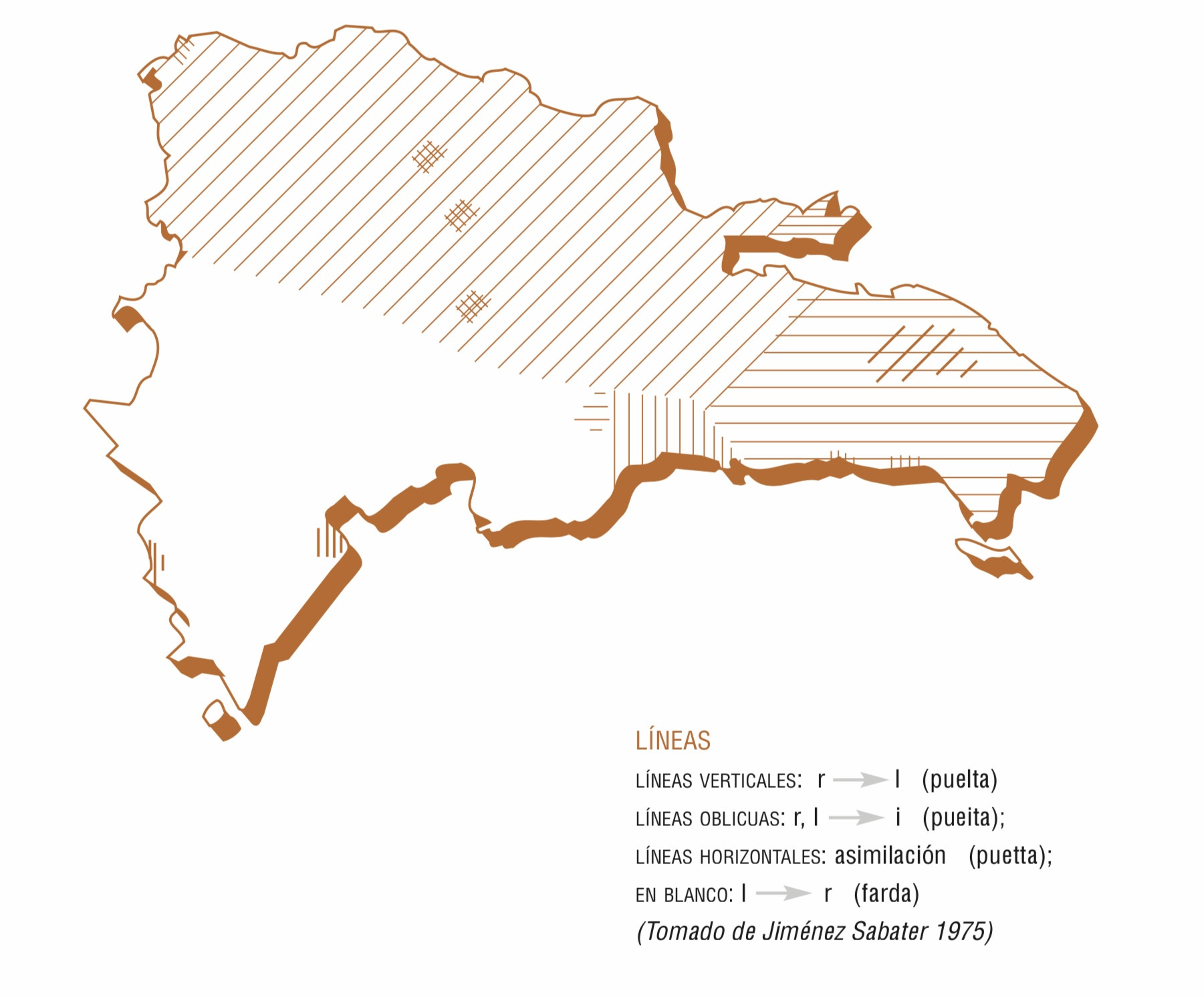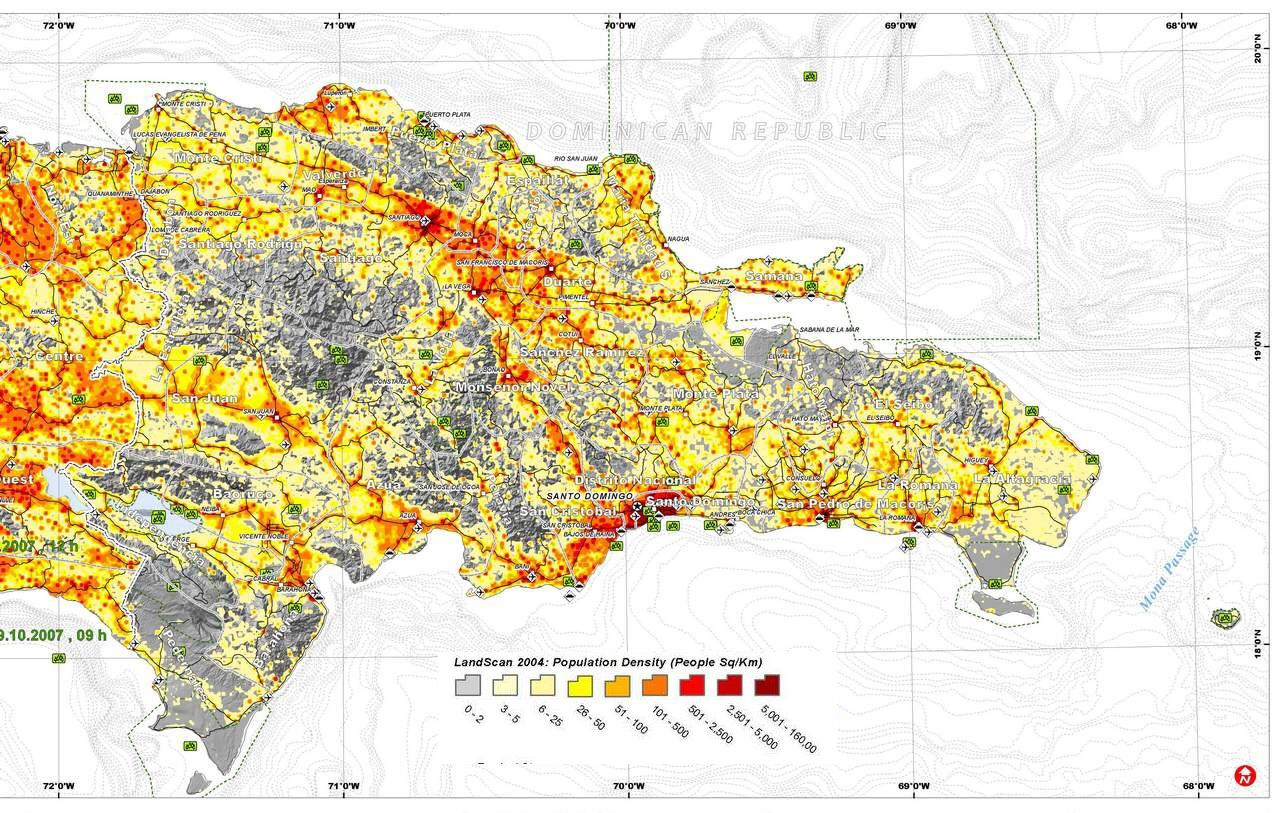If you're going by the average person, Cuban Spanish is probably the closest to the Spanish taught in the USA (not in the general sense, but compared to Dominican Spanish). With that said, in all three is common to shorten words by cutting letters in addition to using words of Taino origin (most people don't know that's the origin, for most is all Spanish but outside of those places and Venezuela; think of words such as chin or mata, they are unknown). Some African words are also incorporated into the language such as can, but generally these words are unknown elsewhere. Some words are similar, for example guagua means bus in Cuba, the DR, and PR; but, in Chile it’s a word from the native Mapuches and it means baby. There are other words that have the opposite meaning, depending the country. One example is ahora which in the DR, PR, and Cuba it means now and ahorita means later. In Guatemala the meaning is the opposite, ahora means later and ahorita means now. Vos is usually used in Panama, Nicaragua, etc; but in the Spanish Caribbean and in many countries vos is never used, instead tú is used in its place. Even how the language is referred is different, with the Caribbean countries calling it Español while in other countries such as Peru the most common usage is Castellano.
The other thing to take into account is that Dominicans and all the people from the countries mentioned speak faster than the typical Spanish-speaker. That also makes it harder for others to understand. As with everything, after a few months of constant exposure usually speakers of Spanish from elsewhere get used to it and becomes easier to understand.
One last thing is that Dominicans and people from those countries will add swear words, many that could be very offensive in say Mexico or Ecuador, but it isn’t in the Spanish from the Caribbean. The irony is that Spaniards themselves tend to use swear words much more often than in Latin America, but similar frequency as in the Spanish Caribbean. The result is that at first many Latin Americans are put off from the Spaniards because of that, but Dominicans and other people from the Spanish Caribbean aren’t. The Spanish taught in the USA doesn’t includes the swear words, but neither does Spanish taught elsewhere.
All in all, the Spanish taught in the USA will prepare you for getting the gist of the language, but simply personal experience with the Spanish spoken in each country will improve your understanding.



